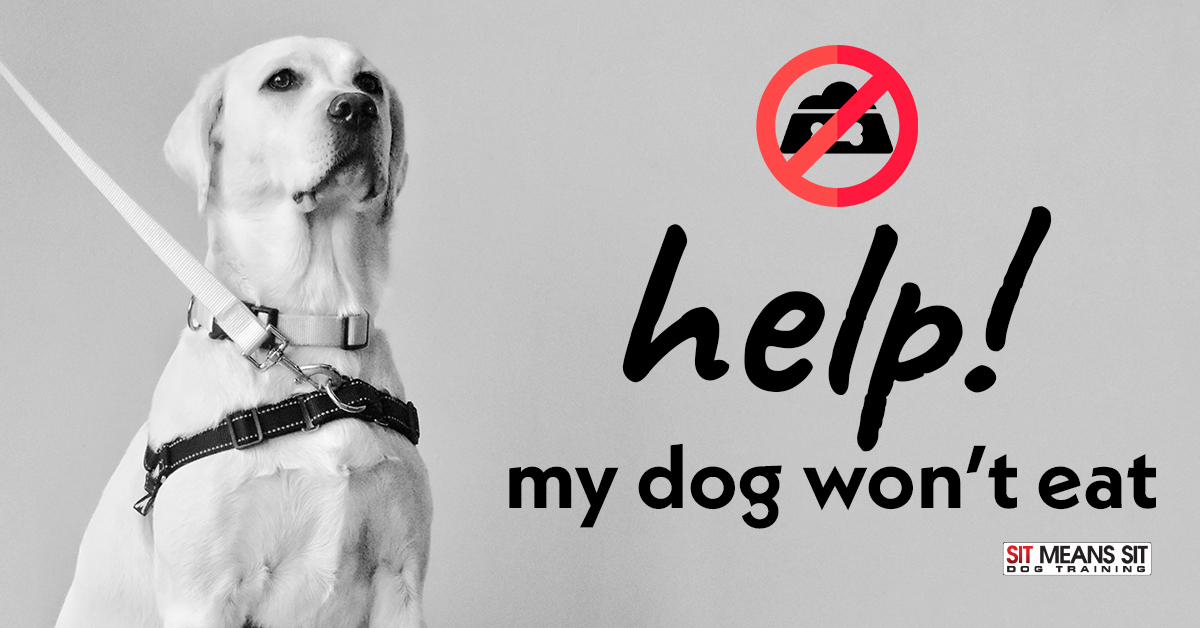
Help! My Dog Won’t Eat
You may have noticed your dog hasn’t been eating regularly. There are multiple reasons for his lack of appetite, ranging from life-threatening to barely a cause for concern. Most of the time your dog will gain his appetite back in a few days. but if it lasts more than two days it’s time to contact your veterinarian, especially if he isn’t drinking water. In this article we will go over the most common causes of a dog’s lack of appetite and what can be done to change it.
Stress
Dogs get stressed just like humans do. Has anything changed in your dog’s life lately? A move, a new missing family member, and a different schedule can all add stress to your furry family member. Try calming your dog by spending time with him; playing, snuggling, and just talking to him can help him feel more comfortable when you can’t keep him away from triggers.
Illness
Infections, kidney failure, or cancer can cause a big change in your dog’s appetite. A quick visit to your veterinarian can advise on what could be going on internally and affecting his appetite.
Pain or Injury
Pain, particularly in the mouth, can cause your dog to not want to eat. Check for mouth sores, broken or chipped teeth, or oral tumors. Pain does not have to be limited to the mouth to cause a lack of appetite; in fact, it can be almost impossible to know what kind of pain your dog is in without a visit to the vet. It could be caused by parasites, broken bones, poison, allergies, infections, or autoimmune or neurological diseases. If you think your dog could be in pain, contact your veterinarian immediately.
Medical Treatment
Going into surgery and/or being under anesthesia is a known cause of a loss of appetite. Vaccinations can also disrupt an appetite temporarily. Keep a watchful eye after these events and contact your vet if eating habits don’t return in a few days.
Diet
A change in appetite can be due to food itself. Changing dog food brands, too many snacks or table scraps, or even boredom with their regular food can be factors in less eating. Try adding variety in his diet, avoiding table scraps and too many treats, checking that the food isn’t expired, and switching to a higher-quality food.
Age
A senior dog may exercise less, thus burning less energy on a daily basis. They might even get pickier as they age. Dementia is also a possibility when it comes to loss of appetite. Be sure to give your dog food appropriate for his age and any changes or issues they might have.
How to Get Your Dog to Eat
Give your dog plenty of exercise and attention. As busy as our lives are, sometimes it’s easy for him to get bored as we rush around. Be consistent in feeding times and keep his bowls clean. Training, even for a senior dog, might give him the push he needs to eat more regularly.
Overall, if your dog isn’t eating for more than 2 days, seek your veterinarian’s advice. There could be more going on under the surface. Whether it’s behavioral or physiological, your vet can offer insight that you might miss.
